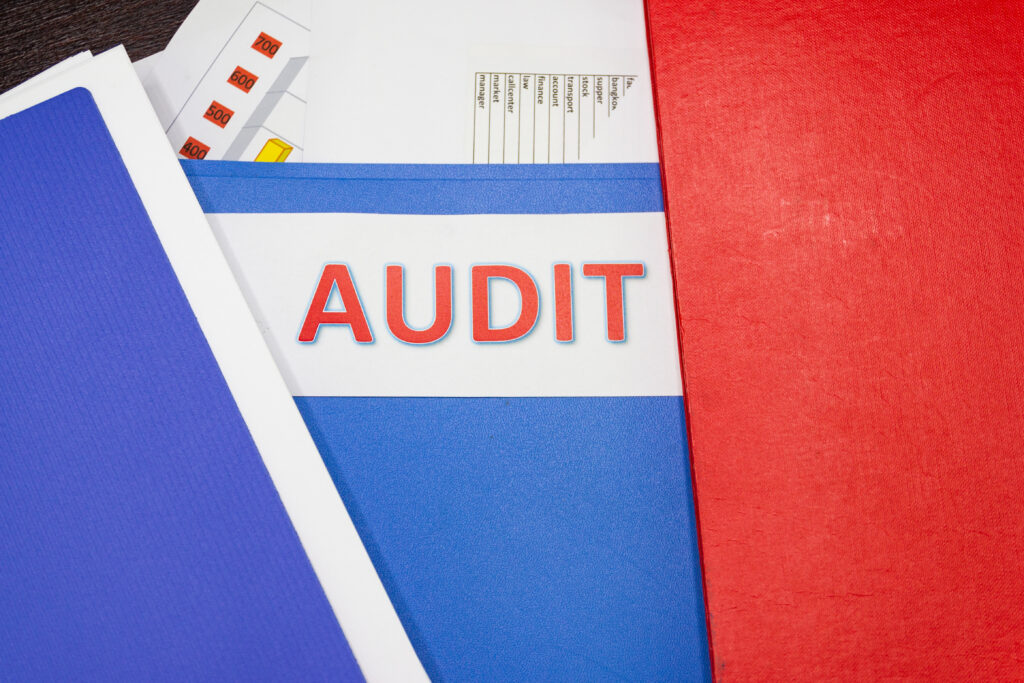By law, all UK companies require an audit. However, there are certain exemptions from this rule available based on achieving specific criteria. Eligibility criteria for taking exemption from audit are based on the size of both the company and the group as a whole.1
Small standalone UK companies and LLPs are exempt from audit. If the entity is in a group, however, it can only claim the “small” audit exemptions (s477 exemption) if the whole worldwide group of which it is a member is also small.
What is a small group?
The whole worldwide group will qualify as small unless it exceeds two of the three following size criteria for two years in a row:
| Turnover/revenue | <£10.2m (net) | <£12.2m (gross) |
| Total assets | <£5.1m (net) | <£6.1m (gross) |
| Average number of employees | Not more than 50 | Not more than 50 |
In the first year that two of the three size criteria are exceeded, the group will remain “small” that year, but would no longer be small the next year if the size criteria are exceeded again. If there is no previous year (e.g. the parent of the group is newly incorporated), then the group will be small if it meets the size criteria in the current year.
Also, some groups are not eligible to qualify as small by their nature. This includes groups where any entity is:
- a MiFID investment firm;
- a UCITS management company;
- authorised under the Banking Consolidation Directive or the Insurance Directives;
- an e-money issuer; or
- listed in an EEA state such as listed on the London Stock Exchange.
Are there any other exemptions?
If your UK company or LLP is a subsidiary of an EU parent company (pre Brexit) or UK parent company (post Brexit) that prepares consolidated audited accounts that include the entity, then there is an exemption available if the parent guarantees the liabilities of the subsidiary. (s479A exemption).
Dormant companies and LLPs (i.e. those which have no transactions at all) are also exempt from audit. (s480 exemption).
The impact of Brexit
For accounting periods commencing on or after 1 January 2021, the audit exemption under section 479a can only be taken if it is a UK parent preparing the consolidated, audited accounts and providing the guarantee.
What do I need to do if my subsidiary is not audit exempt?
The company’s directors must appoint a UK statutory auditor. The auditor will perform their work, which includes analysing the accounts and disclosures, looking at evidence that supports the transactions and balances and reviewing changes from one year to the next.
The auditor will report on whether or not the accounts are “true and fair”. The report will be included with the accounts when they are sent to the shareholders, Companies House (for filing on public record) and HMRC (with the tax return).
Get in touch
Please get in touch if you want to discuss the UK audit requirements or availability of audit exemption for your UK company or LLP.
If you think your company may have been affected by the changes to audit exemption criteria, please do not hesitate to contact us to confirm your understanding.
We know that facing an audit for the first time can be a timely and demanding process for a company. However, our experienced team of auditors can help guide you through the audit process step by step, and provide value-added recommendations to your finance systems and procedures.





